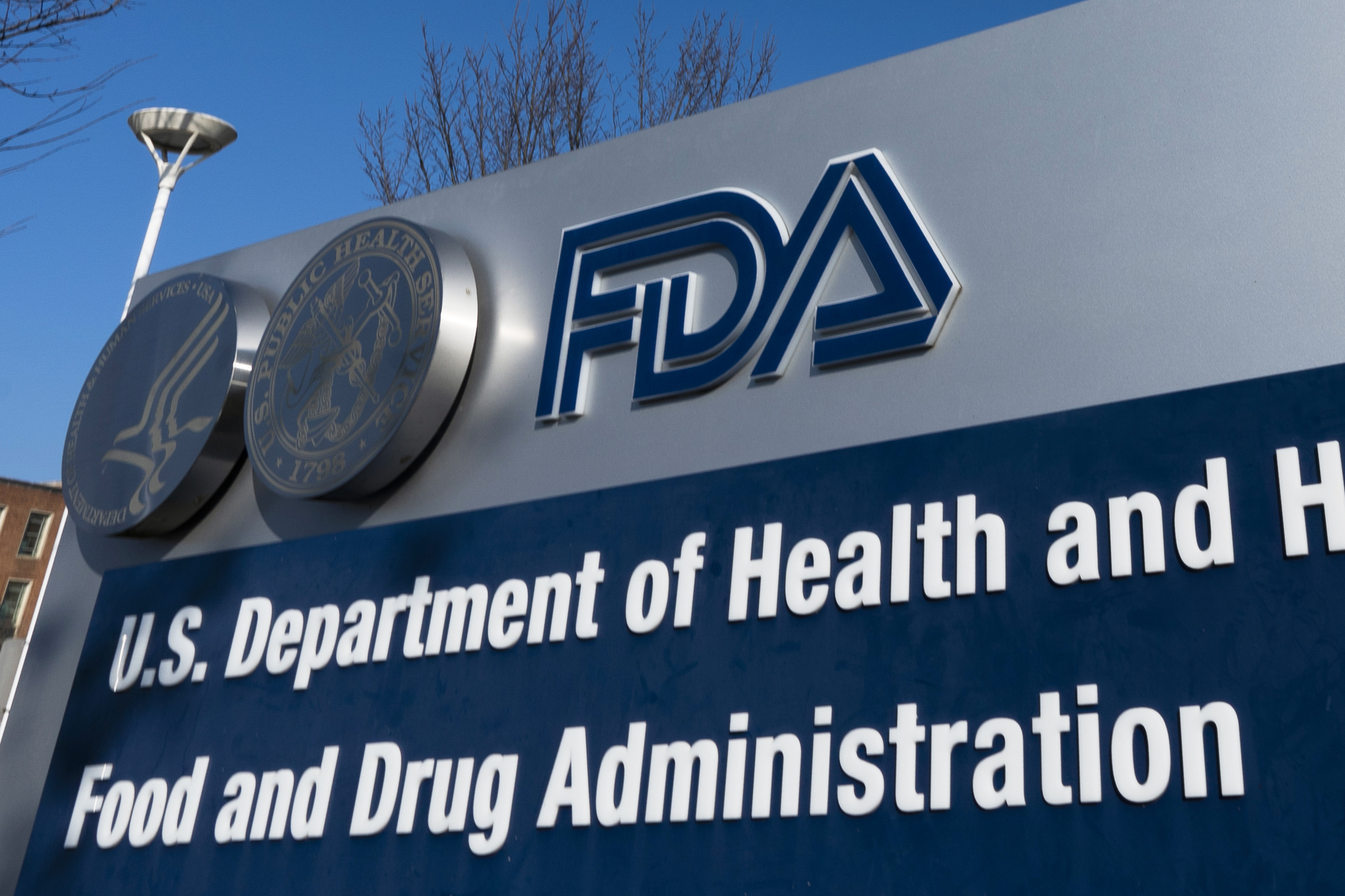The FDA is now requiring facilities to notify women if they have dense breast tissue, and health experts say women with that designation should have a conversation with their doctor about whether additional breast cancer screening in addition to a mammogram is needed.
“If a woman has extremely dense breasts, we know two things about that. One, it makes the cancer harder to find, but... it also makes that breast more prone to have cancer in the first place,” said Dr. V.K. Gadi, a medical oncologist and deputy director of the University of Illinois Cancer Center. “When you look at the radiograph of the dense breasts, it honestly looks like a snowstorm. And you're trying to find another white thing in a snowstorm."
Current guidelines from the American Cancer Society recommend a yearly mammogram for a woman of average risk of breast cancer starting at age 40, but there are not specific guidelines for women with dense breast tissue.
“I would hope any woman with dense breasts, it's automatically the guideline to then have an ultrasound. A mammogram didn't find my cancer,” said Trina Brucato, 51 from Mokena.
Get Tri-state area news and weather forecasts to your inbox. Sign up for NBC New York newsletters.
Brucato recently went in for her yearly mammogram. After it was deemed abnormal, she was called back for a diagnostic mammogram. The radiologist ultimately determined she had a benign cyst.
But Brucato’s gynecologist has also ordered a bilateral ultrasound screening because Trina has dense breast tissue.
“When I went back, they said, 'We found another lesion.' And I thought, 'Well, they just did all that other stuff. That can't be right,'” Brucato said.
That second spot was determined to be stage one breast cancer. Trina underwent a lumpectomy and is expected to begin radiation soon.
“He saved my life,” Brucato said, referring to her gynecologist who ordered the ultrasound as an additional screening tool. “I'm just thankful that it happened this way, and the more people that I can tell, I'll tell my story every day to everybody so that someone will go ask for that."
Gadi says screening guidelines should be considered the minimum.
“The guidelines are probably the floor, right? And in so many cases, we can do better than the floor. So have that conversation, because we just don’t know, for any given woman there might be really better tools that aren’t even recognized in the guidelines,” Gadi said.
He recommends precision screening, saying that each woman should develop a personalized screening plan with her doctor, based on her individual risk for cancer.
As women receive letters from their mammogram providers, notifying them if they have dense breast tissue, that can be a jumping-off point to that conversation.
“Patients still need to be their own advocates when they get these letters, but certainly if you've got a good trusting relationship with your clinician, creating a plan that's unique to you, is most important,” Gadi said.



